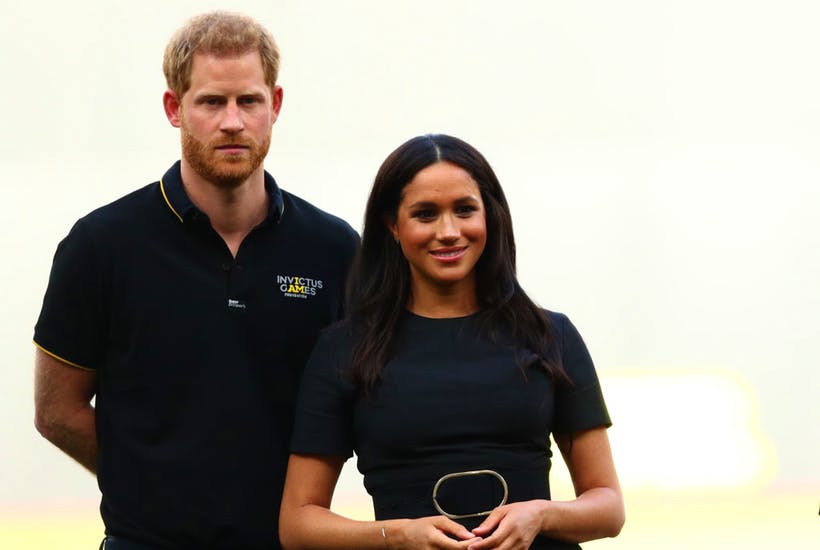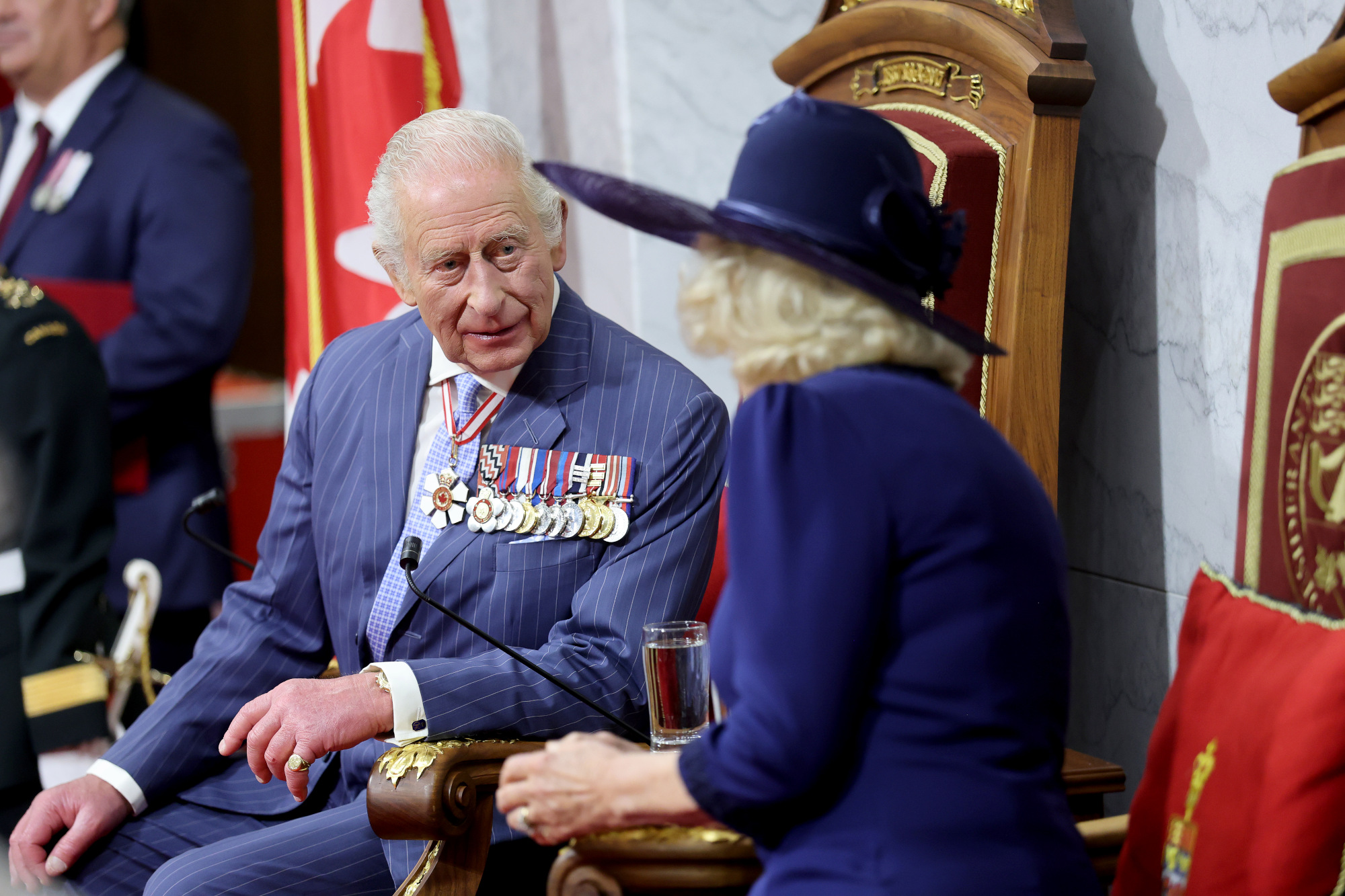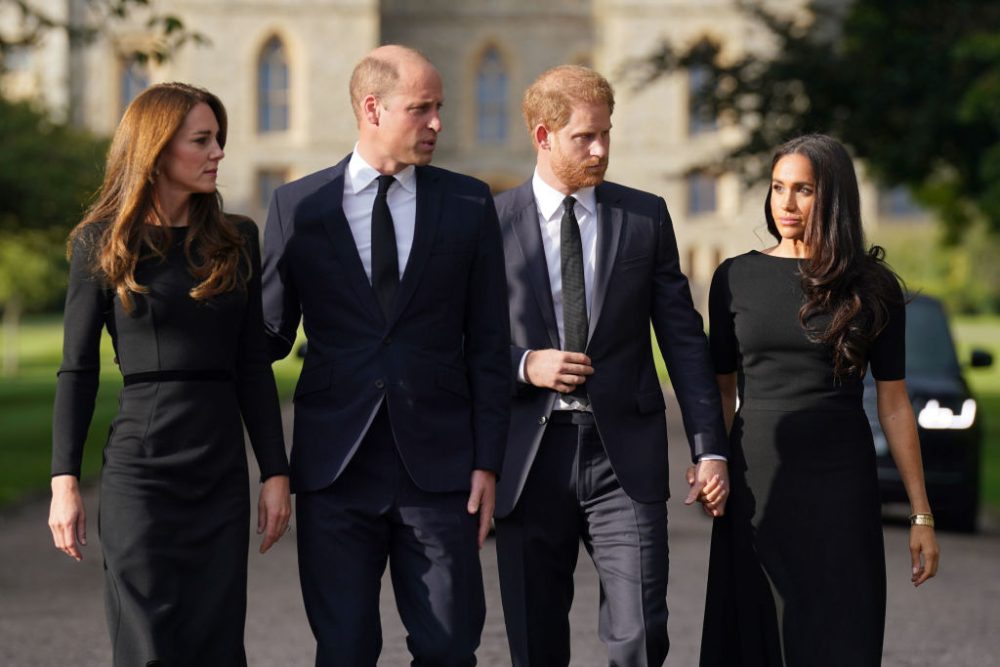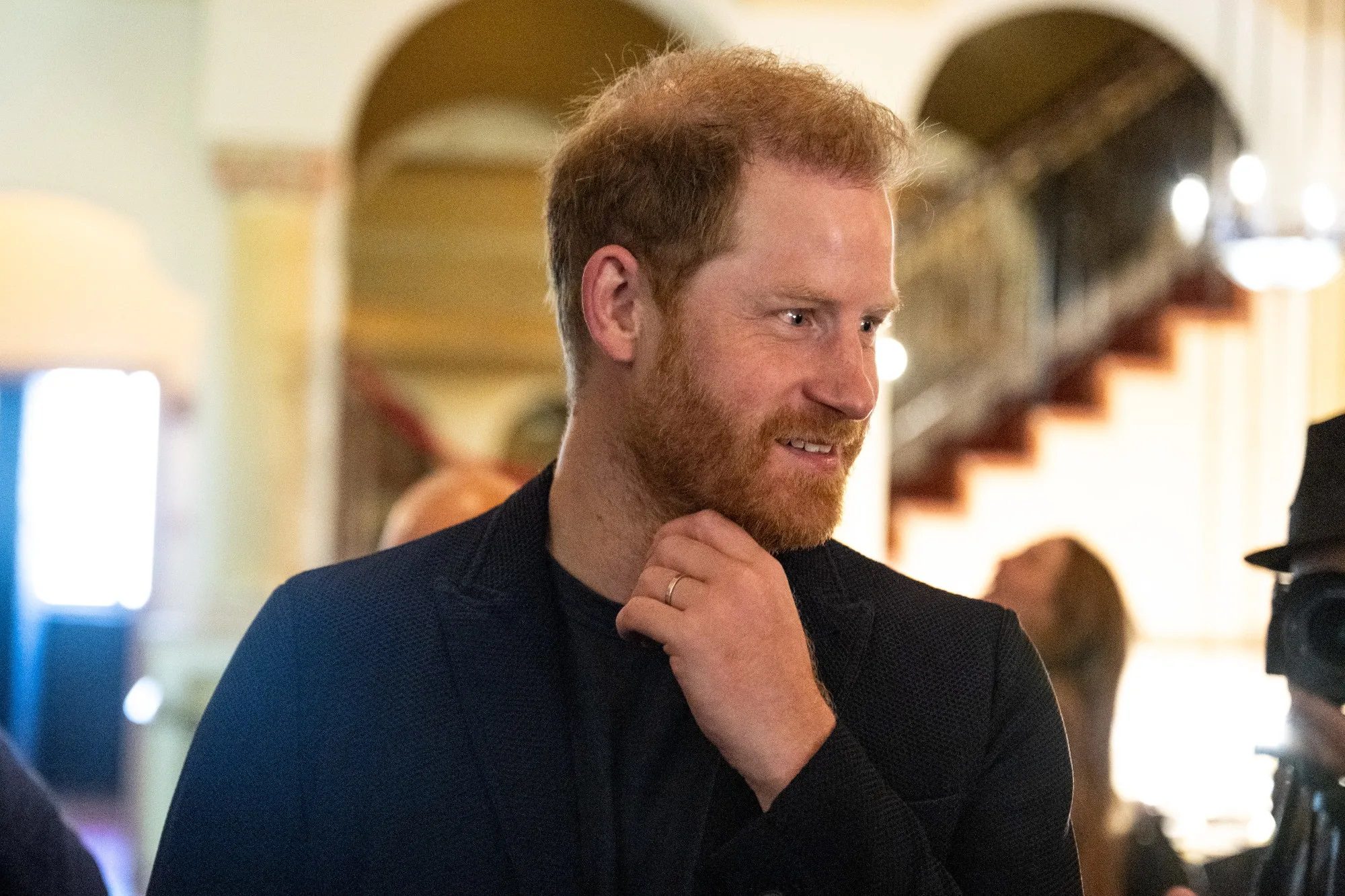Prince Harry’s revelation that he intends to only have two children for the sake of the planet is woke politics at its worst. As his critics have readily pointed out, if he truly believes that having fewer children will save the planet then why not stop at one child? As much as Harry might like us to believe that his decision comes at a great personal cost, he has simply adopted an ethical stance that best suits his lifestyle.
This made-to-measure approach to morality is everywhere these days: from so-called ‘flexi-veganism’ to the long-haul flights enjoyed by some supporters of Extinction Rebellion. It enables people to signal virtue without having to change very much about the way they live. Harry’s seemingly selfless attitude to the national birth rate is a classic example: many people settle on two as the ideal number of children and it isn’t because of any great concern for the climate; all the practicalities of modern life, including the trend for having children when we are older, mean that two is typically seen as the ideal number. Whether unconsciously or not, Harry has found a way to have his cake and eat it, taking the moral high ground with minimal impact to his own choices.
The Duchess of Sussex’s recent Vogue cover is a further embodiment of this new definition of morality. The message behind her choice of cover stars was clear: you are moral not because of what you do but because of who you are – be it female, transgender, black or freckled. This cuts to the heart of how the Sussexes seem to want to approach their royal role: rather than earn the public’s respect through national service, it’s simply about having a voice on the issue of the day.
Take a look at Harry’s newfound environmental fervor. Only last week, he called buying fruit in plastic packaging ‘a dirty habit’; he held up bourgeois staple Waitrose as an example of a supermarket who was championing plastic reduction. So far so progressive. But there’s a problem with Harry’s moral missives. For a large portion of the population, it’s not financially viable to switch supermarkets or send a staff member out in search of plastic-free food. Again, his message conveniently fits his own lifestyle, while failing to chime with ours.
What Harry won’t discuss are the aspects of his lifestyle he is least likely to want to change for the sake of the environment. Following Harry’s logic, long-haul flights are arguably far more of a ‘dirty habit’ than plastic food wrapping. And yet the chances of the Duke of Sussex giving up flying are slim, especially with his new transatlantic ties. He and Meghan purportedly intend to carve out an international role for themselves which would be nigh on impossible to realize without hopping on a plane.
More than moral hypocrisy, the Sussexes’ increasingly vociferous views on everything from the environment to feminism put the royal family in a precarious position. Few would disagree with the causes themselves. And yet their fondness for taking political stances risks undermining the apolitical approach of the Queen. It also has little to do with furthering the notion of duty and national service so carefully upheld by the monarch. Harry and Meghan appear to be in danger of falling into the trap of thinking that their role is simply to select and pursue their pet campaigns at taxpayers’ expense. No matter how worthy the cause, this will build resentment with the public if it is not backed up by a strong sense of national service.
Feminism and climate change are the sorts of global issues that are tricky to relate to the lives of everyday Britons. They don’t provide the Duke and Duchess with a window into national life in the same way as the Queen’s simple but effective visits to schools and hospitals do. In pursuing an international agenda of their own making, the Sussexes risk losing sight of the royal family’s domestic purpose. We need them to promote Britain abroad and serve the country at home, not simply pursue the causes that appeal personally to them and shape their own public profile.
It is a testament to the Queen that it is impossible to yoke her to one particular cause, whether national or international. Far from a sign of weakness, this has been the defining strength of her reign: she serves all Britons, regardless of their political outlook. When he’s finished reaching for the plastic-free carrots, Prince Harry has a lot he could learn from his grandmother.
This article was originally published onThe Spectator‘s UK website.

























